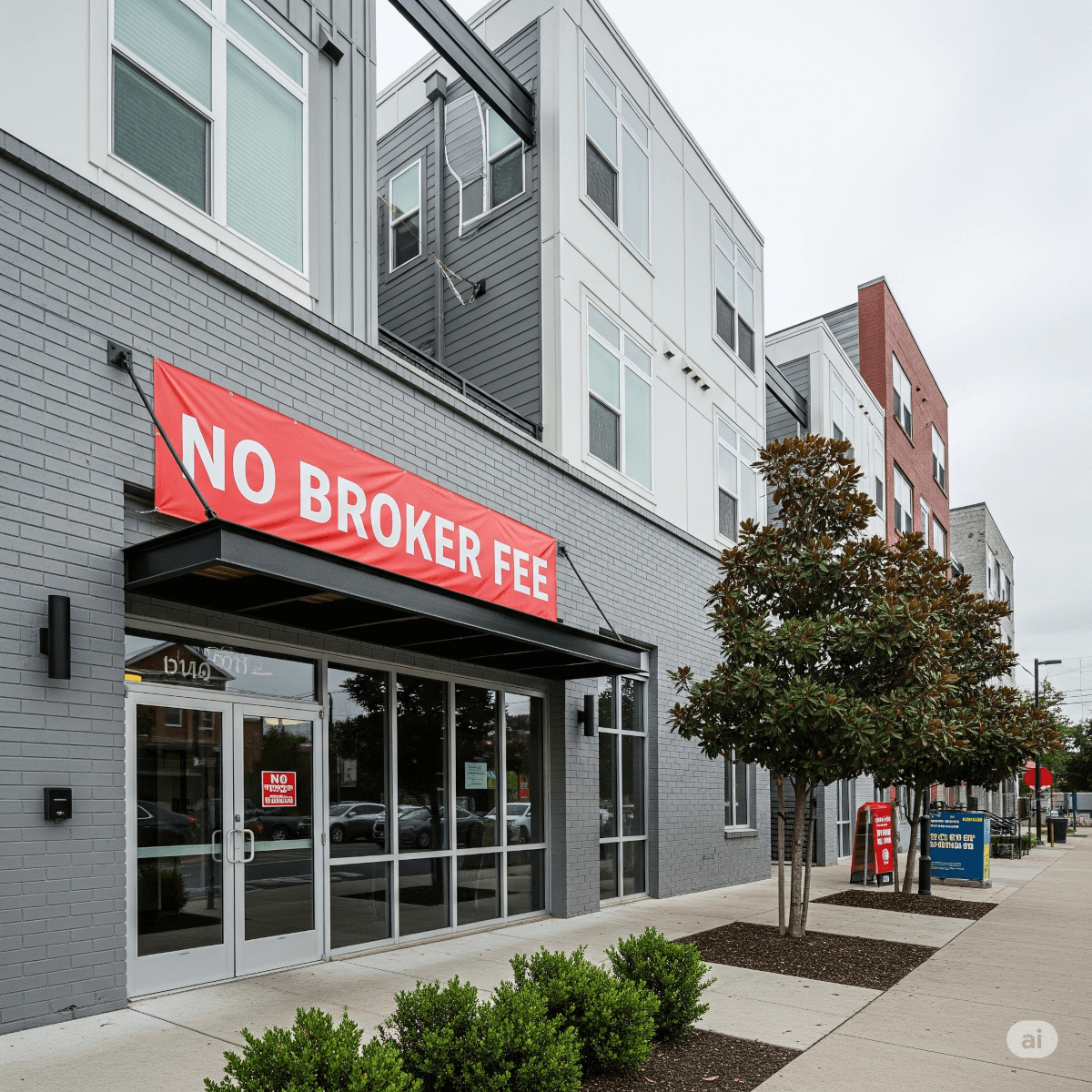Governor Maura Healey's Push for No-Fee Apartments in Massachusetts: A Game Changer for Renters?
Massachusetts, particularly the Boston metro area, has long been notorious for its incredibly high upfront rental costs. Beyond first and last month's rent and a security deposit, renters have often been burdened with an additional, significant expense: the broker's fee. This fee, typically equivalent to one month's rent, has traditionally been paid by the tenant, even if they didn't directly hire the broker. However, Governor Maura Healey's administration is now taking significant steps to change this, aiming to alleviate the financial strain on renters across the Commonwealth
Governor Healey has committed to signing a provision in the Fiscal Year 2026 budget that will effectively ban renter-paid broker's fees. This new legislation will require the party who hires the broker—which is usually the landlord—to pay the fee. This move is part of a broader effort by the Healey administration to address the escalating cost of housing in Massachusetts and make renting more affordable and accessible.

What is Governor Healey Doing?
The core of Governor Healey's initiative is to shift the responsibility of paying the real estate broker's fee from the tenant to the landlord, or whoever engaged the broker's services. This was a key proposal in her FY26 budget and has now passed through the legislature. The aim is to remove a substantial financial barrier that has often prevented individuals and families from securing housing, even when they could afford the monthly rent.
Advocates for the change highlight that these upfront costs can easily amount to thousands of dollars, sometimes reaching figures as high as $10,000 to $15,000 when combined with security deposits and first/last month's rent. By eliminating the renter-paid broker's fee, the administration hopes to provide immediate financial relief to renters and foster a more equitable housing market.
Pros and Cons of the No-Fee Apartment Policy
The new policy on broker's fees is expected to have a ripple effect on the Massachusetts rental market, bringing both advantages and potential drawbacks.
Pros for Renters:
- Reduced Upfront Costs: This is the most significant benefit. Renters will no longer have to pay an extra month's rent (or more) as a broker's fee, dramatically lowering the financial burden of moving into a new apartment. This can make housing more accessible for low-income individuals, young professionals, and families.
- Increased Affordability: With lower initial costs, a wider range of apartments might become financially feasible for prospective tenants.
- Fairness: Proponents argue it's more equitable for the party who benefits directly from the broker's service (the landlord, who wants to fill a vacancy) to bear the cost.
- Greater Mobility: Reduced move-in costs could encourage tenants to move when necessary, rather than being "stuck" in a suboptimal living situation due to the prohibitive cost of moving.
Potential Cons and Considerations:
- Increased Rents: Critics and some landlords suggest that the cost of broker fees will simply be "baked into" the monthly rent. Landlords, now responsible for the fee, might seek to recoup this expense by slightly increasing rental prices, spreading the cost over the lease term. While this would still reduce upfront costs, it could lead to higher overall payments for long-term tenants.
- Impact on Brokers: The shift could impact the business model of rental brokers, particularly those who primarily serve tenants. They may need to adapt their services or work more directly with landlords.
- Market Dynamics: In a highly competitive market like Massachusetts, landlords may still hold significant leverage. While the law mandates who pays the fee, the underlying demand for housing could influence how the market adjusts, and whether the savings truly translate to lower overall housing costs for tenants
- Loopholes and "Management Fees": Some observers express concern that landlords or real estate professionals might try to introduce new "management" or "technology" fees that effectively serve as disguised broker fees, exploiting loopholes in the new legislation.
- Reduced Incentive for Landlords to Use Brokers: If landlords are solely responsible for the fee, they might be less inclined to use brokers, potentially making it harder for some tenants to find available apartments through traditional channels.
Overall, Governor Healey's initiative represents a significant attempt to make Massachusetts a more affordable place to live by tackling a long-standing point of contention for renters. The full extent of its impact on the rental market and the balance between upfront costs and long-term rental prices will become clearer as the policy takes effect.
Published 7/6/25